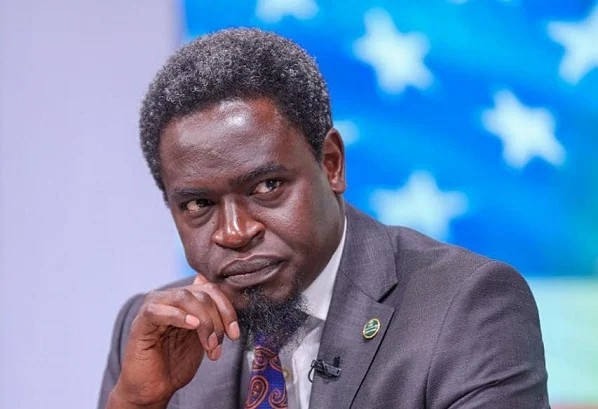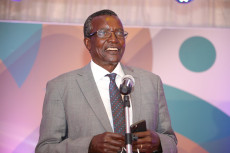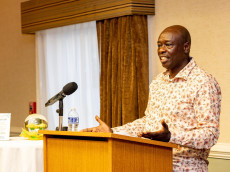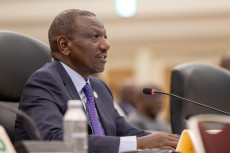- Saboti Member of Parliament (MP) Caleb Amisi has also struck a warning tone: " Don't test the patience of the jobless idle youths. They can declare maandamano everyday,” he said.
A day once marked by marches for multiparty democracy has once again become a mirror to Kenya's conscience. Saba Saba 2025 arrives not just as an anniversary, but as a thunderous rallying point for a new generation—Gen Z—seeking justice, equity, and an end to police brutality.
Voices are drawing bold parallels between the legacy of the past and the fury of today.
Former Law Society of Kenya (LSK) leader Nelson Havi has invoked the bravery of the late politician Martin Shikuku and a cadre of lawyers who once challenged the system, calling on professional bodies to support the new wave of citizen activism.
“If only other professional bodies could play a part in the quest for good governance and accountability in Kenya, the GenZ movement would deliver the second liberation," he said
Saboti Member of Parliament (MP) Caleb Amisi has also struck a warning tone: " Don't test the patience of the jobless idle youths. They can declare maandamano everyday,” he said.
Read More
His remarks echo the frustrations of many who see rising inequality and stifled voices as symptoms of a governance gap.
Controversial lawyer Miguna Miguna urges firm but peaceful resistance. "DEFEND yourself like the owners of Kenya," he wrote, underscoring the growing cry for dignity in protest.
Meanwhile, Kileleshwa Member of County Assembly (MCA) Robert Alai has grounded the moment in context: from Mau Mau to post-election violence, each generation has faced its breaking point. The choice, he says, is stark—dialogue or descent.
On July 6, 2027, The National Police Service reminded citizens to remain peaceful, stating any unlawful behavior would be met with lawful force. But to many, that sentiment feels like a cautionary echo rather than a call for reconciliation.
As the Saba Saba commemoration continues across the country, it is evident that the struggle for dignity, justice, and accountability didn’t end in 1990. It’s being rewritten—in posts, in chants and on the streets.




 model that prior (1)(1)-1756211308-md.jpg)

 model that prior (6)-1756276162-md.png)
 model that prior (5)-1756275935-md.jpg)


 model that prior (1)(1)-1756211308-sm.jpg)

 model that prior (6)-1756276162-sm.png)